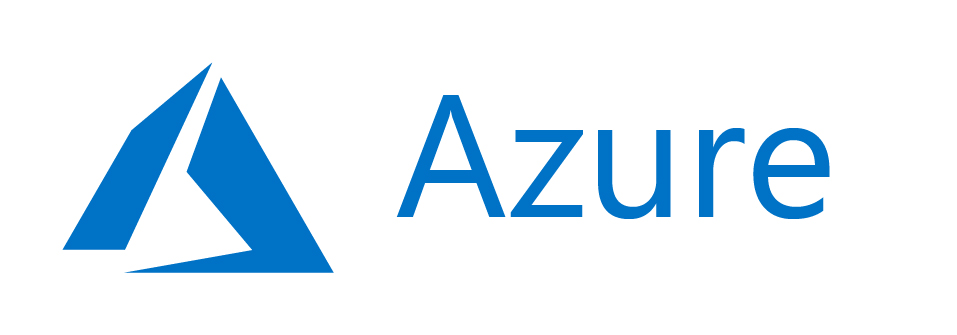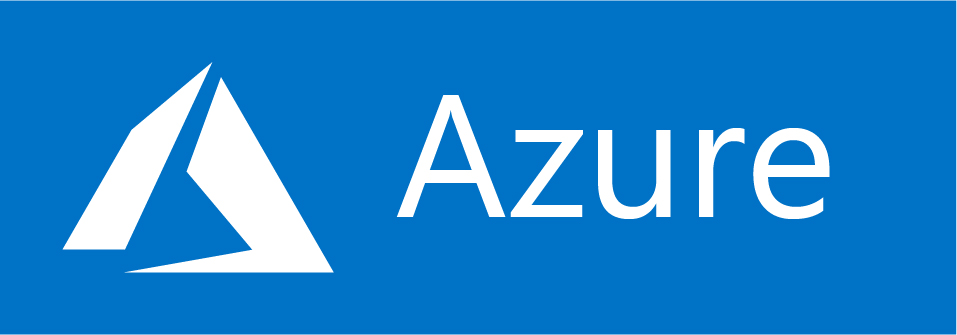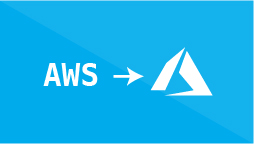Candidates for this exam are Azure Administrators who manage cloud services that span storage, security, networking, and compute cloud capabilities. Candidates have a deep understanding of each service across the full IT lifecycle, and take requests for infrastructure services, applications, and environments. They make recommendations on services to use for optimal performance and scale, as well as provision, size, monitor, and adjust resources as appropriate. Candidates for this exam should have proficiency in using PowerShell and the Command Line Interface. Candidates should have a basic familiarity or knowledge of Azure Portal, ARM templates, operating systems, virtualization, cloud infrastructure, storage structures, and networking. Released in beta on July 16, 2018, Exam AZ-101 includes such topics as: Evaluate and perform server migration to Azure; Implement and manage application services; implement advanced virtual networking; and secure identities. Exam Objectives Evaluate and perform server migration to Azure (15-20%) Implement and manage application services (20-25%) Implement advanced virtual networking (30-35%) Secure identities (25-30%) Courses (1 day each) Practice test Not yet Azure Exams



